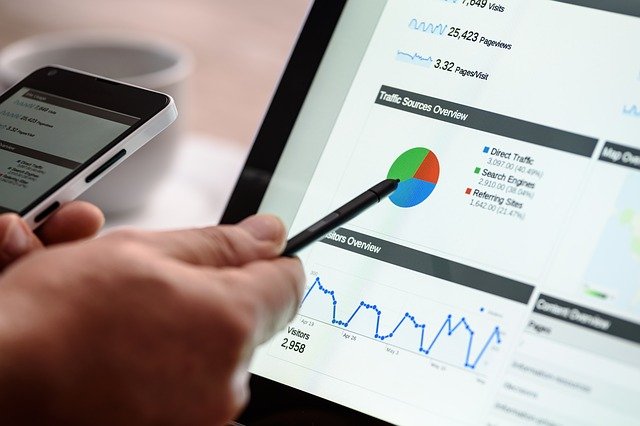Backlinks are an essential component of SEO. A backlink is created when a different website leaves a link to your website. It is a common practice among companies in the online world to link blog posts, or articles that they might think are helpful for their customers. They are like a ‘vote of confidence’ in your website content. Most Atlanta SEO companies acknowledge the importance of these backlinks as a key to improved rankings on SERPs.
Atlanta is home to over 6 million people. They are part of Atlanta’s budding tech scenario, called the ‘Atlanta Tech Village.’ This has outsmarted even big tech cities like Austin or Berlin. The city’s prowess in its startup tech scenario has not limited its growth to only startups. That’s because, besides being the homeland of Coca-Cola, it also harbors offices of big tech brands like Apple and Microsoft.Skipping these stats for a bit, it is crucial to mention that although backlinks are an excellent resource for companies, toxic backlinks aren’t. In this article, you will read about toxic backlinks and how to eliminate them.
Toxic Backlink - How are they formed?
Toxic backlinks not just harm the rank but also invite penalties from Google. Different things contribute to a backlink being bad, including -
- Having a low domain trust score often leads to toxic backlinks. It is based on the number of backlinks from trusted domains. It links to the domain providing the backlink. Therefore, the backlink is considered toxic if the site’s domain trust score is artificially inflated.
- Search engines like Google consider mirrored pages to be a link-building scheme. Therefore, the links are considered bad if identical pages from multiple sites link to your company website from the same keyword/anchor tag.
- Page layout also plays a decisive role in distinguishing between good and bad backlinks. If the ratio of visible text to HTML is considerably low, the linking page is considered poor.
Can Toxic Backlinks hurt your Web Page’s Ranking?
Yes, Google’s penalties for having toxic backlinks can reduce a page’s rank. Moreover, it also decreases the chances of your site content being visible to online users. And in worst cases, if the penalties are bad enough, the page/site can get removed entirely from the search index.These penalties are assigned in two ways - through Google’s Penguin algorithm of 2012 and the company’s human resources. They work in catching and penalizing bad links or link-building schemes. According to sources, Google executes around 400,000 manual actions every month.

No comments:
Post a Comment